- Cassie Hart
Your beautiful piece in the current issue of takahē, “fog/fugue,” talks about what feels like addiction and the process of taking back power. It’s both dark and hopeful, I think. Can you tell us what was on your mind during the writing of that piece? The story came about because of an actual experience of very thick fog and the smell of lavender. I knew there was a story in it and it wasn’t until I got asked to write for takahē that it came together though. I really wanted to ground it in New Plymouth, and Marsden Hill felt…
- Renee Liang
We’re so excited the incredible Renee Liang is judging the Monica Taylor Poetry Prize 2024! Dr Renee Liang 梁文蔚 MNZM is a poet, paediatrician, playwright and essayist. After exploring open mics in Broken Hill, Australia, Renee joined the MC team at Poetry Live, becoming known for running slams. Since then Renee has become a jack of literary trades: she wrote, produced and nationally toured eight plays; makes operas, musicals and community arts programmes; and her poems, essays and short stories are widely anthologised. The Bone Feeder, a play adapted into opera for the Auckland Arts Festival in 2017, was one…
- Anne Kennedy
Anne Kennedy’s recent books are The Sea Walks into a Wall, The Ice Shelf, and, as editor, Remember Me: Poems to Learn by Heart from Aotearoa New Zealand. Awards and fellowships include the Prime Minister’s Award for Literary Achievement in Poetry, the NZ Post Book Award for Poetry, and the IIML Writers Residency. Anne is the current editor of AUP’s New Poets series. She lives in Tāmaki Makaurau. Anne was Guest Poet in takakē 110, and spoke with Anna Scaife about her poems, what she’s reading, and her advice to writers starting out. The education depicted in “My Education from 1964…
- Síle Mannion
Síle has been takahē’s reviews editor since 2022, curating a diverse and fascinating set of reviews for each edition, but is sadly now moving on to other opportunities. We interviewed her to chat about what’s next, her writing plans, and what’s been her favourite thing about editing reviews at takahē. What has been your favourite thing about being takahē’s reviews editor? What do you think it has taught you? I think the thing that I have enjoyed the most is the whanaungatanga … I loved connecting with tangata tuhi and reading their work. I’ve always loved reviews and the opportunity…
- Emma Ling Sidnam
Emma Sidnam is a Wellington-based writer and lawyer. As a fourth-generation Asian New Zealander, she is passionate about representation and ensuring that all voices are heard. She is a slam poet and her work has been published in the Spinoff, Capital, Newsroom and the anthologies A Clear Dawn and Middle Distance. Her debut novel Backwaters won the Michael Gifkins Prize and was longlisted for the Ockham New Zealand Book Awards in 2024. Emma was Guest Fiction Writer in takakē 110, and spoke with Anna Scaife about her piece, writing and reading. Your lovely piece ”Finger Patterns” in the current issue T110 centres around a musician who is no longer able to play.…
- Peter Bakowski
Peter Bakowski is an Australian poet of great experience, whose work is flexible, accessible, and inventive. He had a poem, ‘Release’, in takahē 107. He’s embarking on a poetry tour of Aotearoa New Zealand in May and June. Erik Kennedy, our Poetry Editor, asked him some questions ahead of his arrival from Naarm Melbourne. It will be great to have you in Aotearoa. Did anything in particular prompt this visit?Curiosity. To changing my imaging of New Zealand to the reality of 2024 New Zealand, to test my poetry on new audiences. I also have an Auckland friend, who was kind…
- Gregory Bennett
Gregory is a writer and filmmaker from Wellington whose accent comes from Invercargill. They hold a Masters in Creative Writing from the IIML and currently work for a disability support services provider in Melbourne, Australia. Their story, ‘Heat Death of the Internet‘, was published in our 110th issue and struck a chord with readers, amassing over 1600 views in the first week. Síle Mannion chatted to Gregory about their hit story. I love the way you’ve taken the ‘red’ out of, what seems to me to be essentially a bit of a rant, by using the second person. It gives…
- Alie Benge
Alie has been takahē’s essay editor since 2022 and is sadly now moving on to other opportunities. We interviewed her to chat about what’s next, her essay collection Ithaca, and what’s been her favourite thing about editing essays at takahē. Gosh! In the time you’ve been at takahē you’ve published an essay collection, moved countries (more than once?) and now you’re editing an anthology to be published next year – that’s a lot! Technically I’ve only moved to one country, but it feels like I’ve moved here several times. I’ve had to fly between the UK and Aotearoa three times…
- Claudia Jardine
Author of Biter, published April 2023, our guest poet for Takahē 106 The best poetry, like yours, shows strong themes, perhaps what could be called obsessions. The way you use ‘double-cab utes in an urban environment’ in pieces with completely different subjects was really neat. Would you be able to talk a bit about these obsessions in your work? Omg, yes I think obsession is the right word here. Double cab utes! They’re just, so, everywhere! And I keep seeing them with personalised license plates. To the best of my knowledge, there is a ute in my neighbourhood called J0SH and…
- Emma Hislop
Guest Fiction Writer takahē Issue 106, December 2022. What was the inspiration for this story? What process did you go through to shape it into its finished form? After my son was born, the hospital threw out his whenua, despite us filling in a form stating we wanted to keep it, and informing, and reminding our midwife. They needed the space in the refrigerator. I was very distressed by this. In te reo, the word for placenta —whenua—is the same as for land. This is no coincidence. Traditionally in Māori culture, the whenua of newborns is buried in a significant…
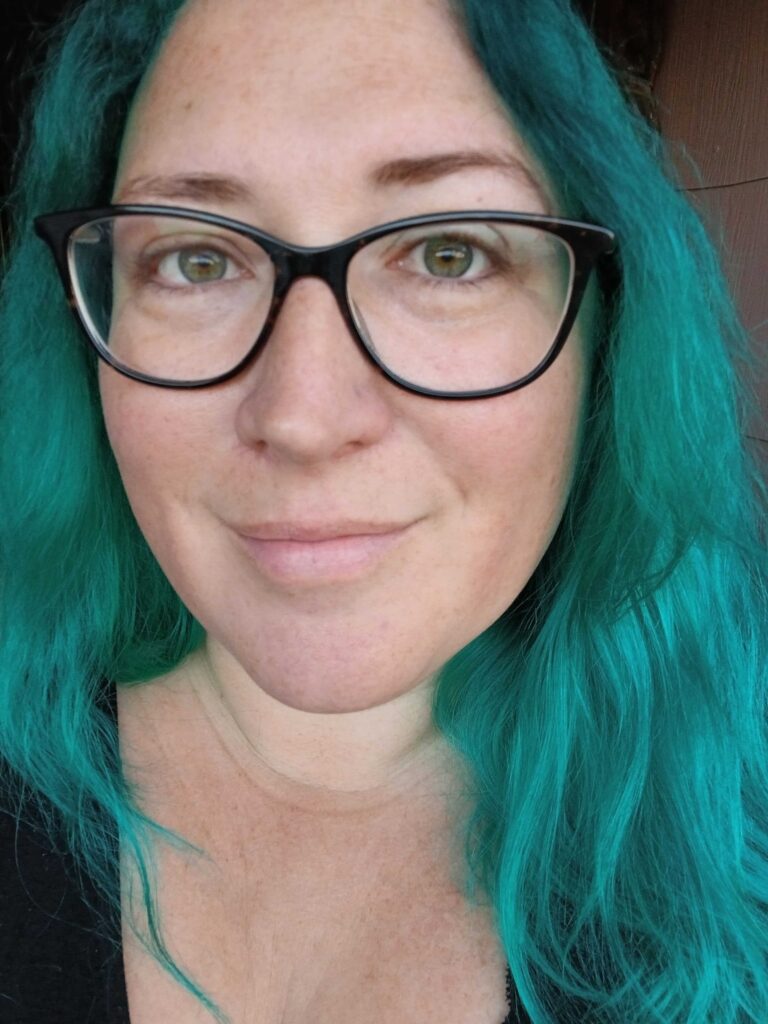
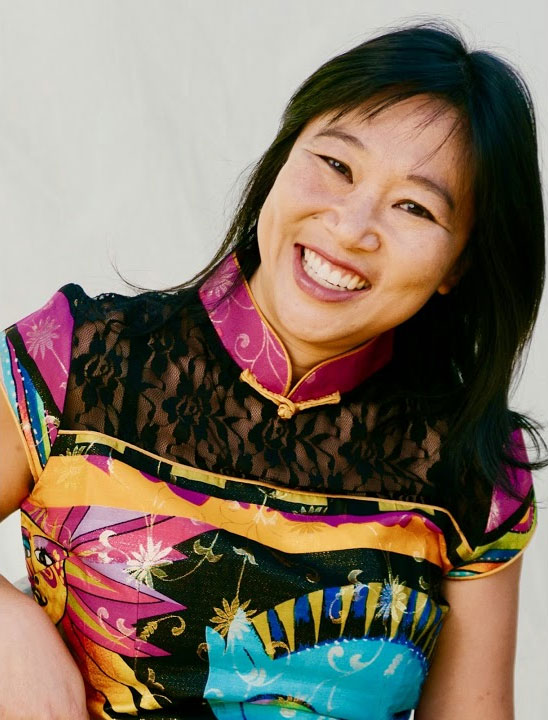
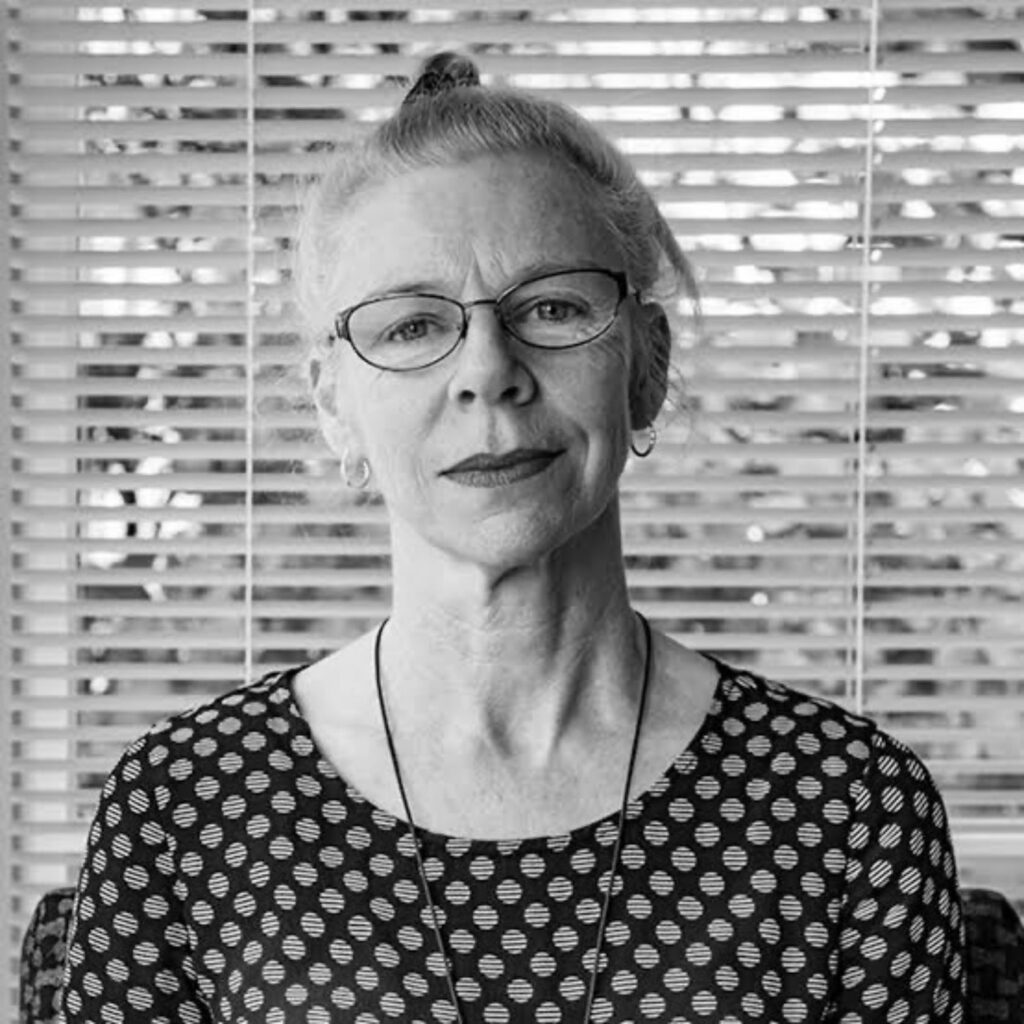
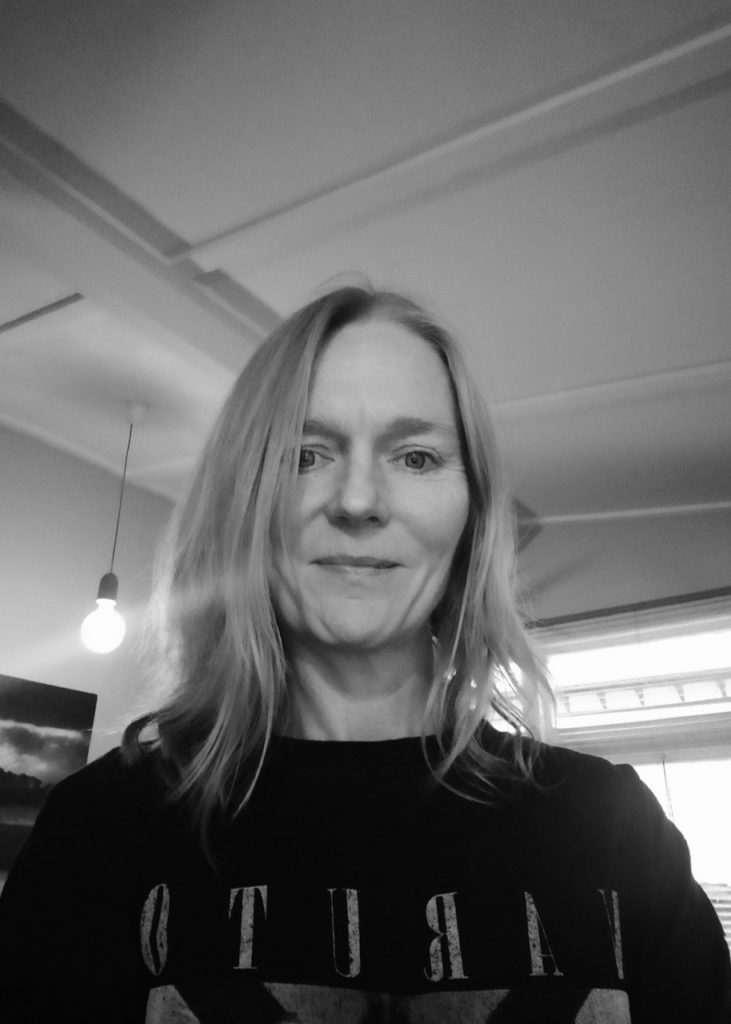
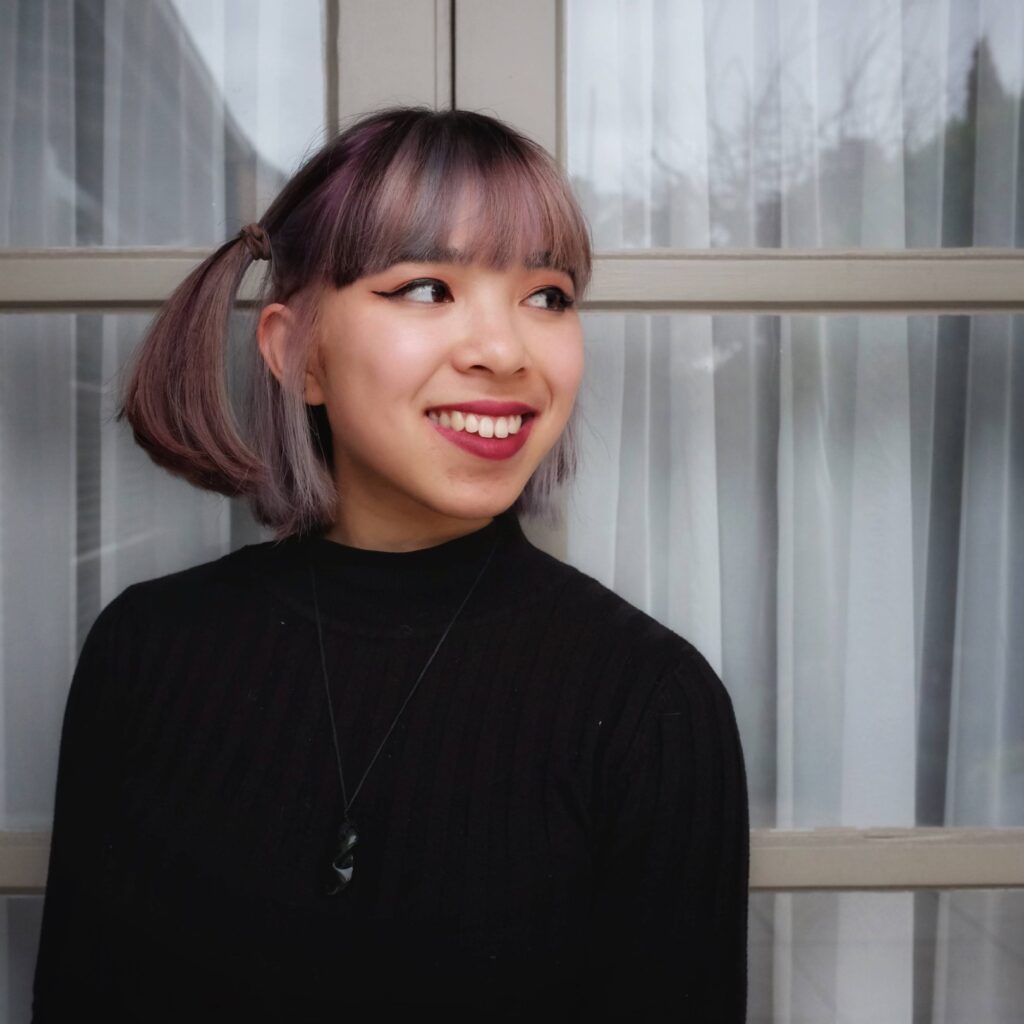
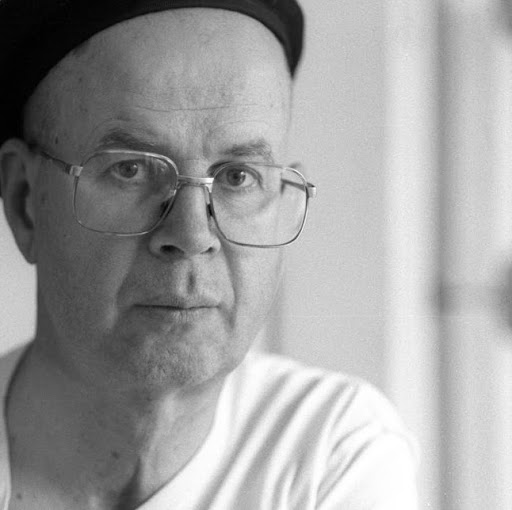
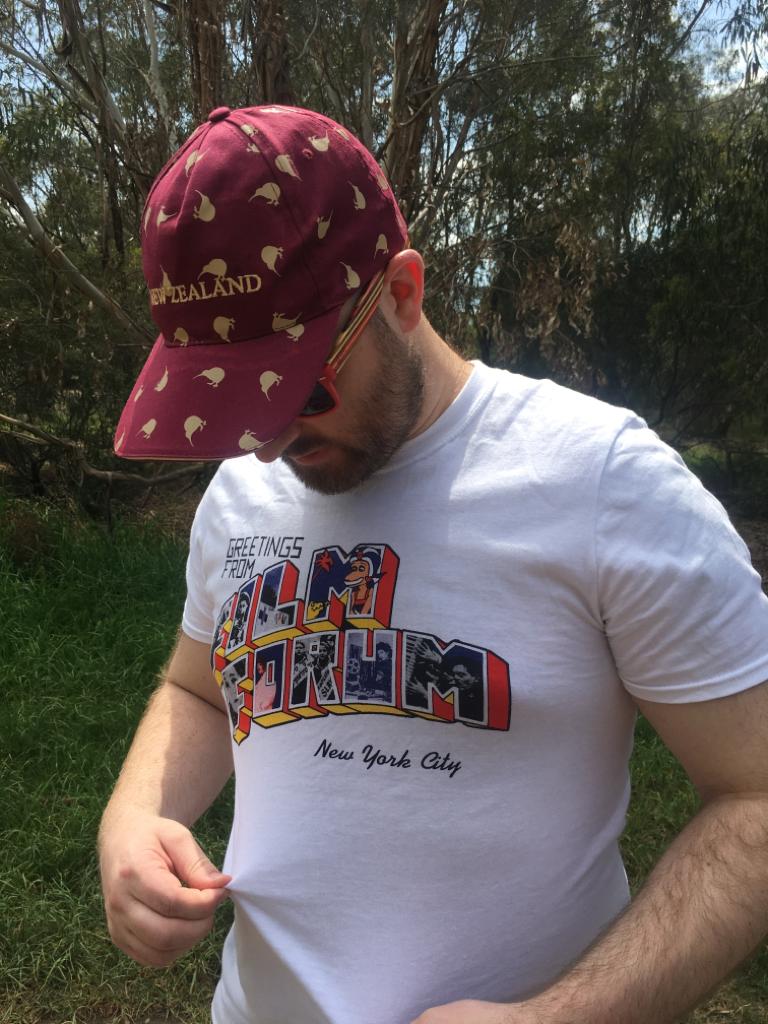
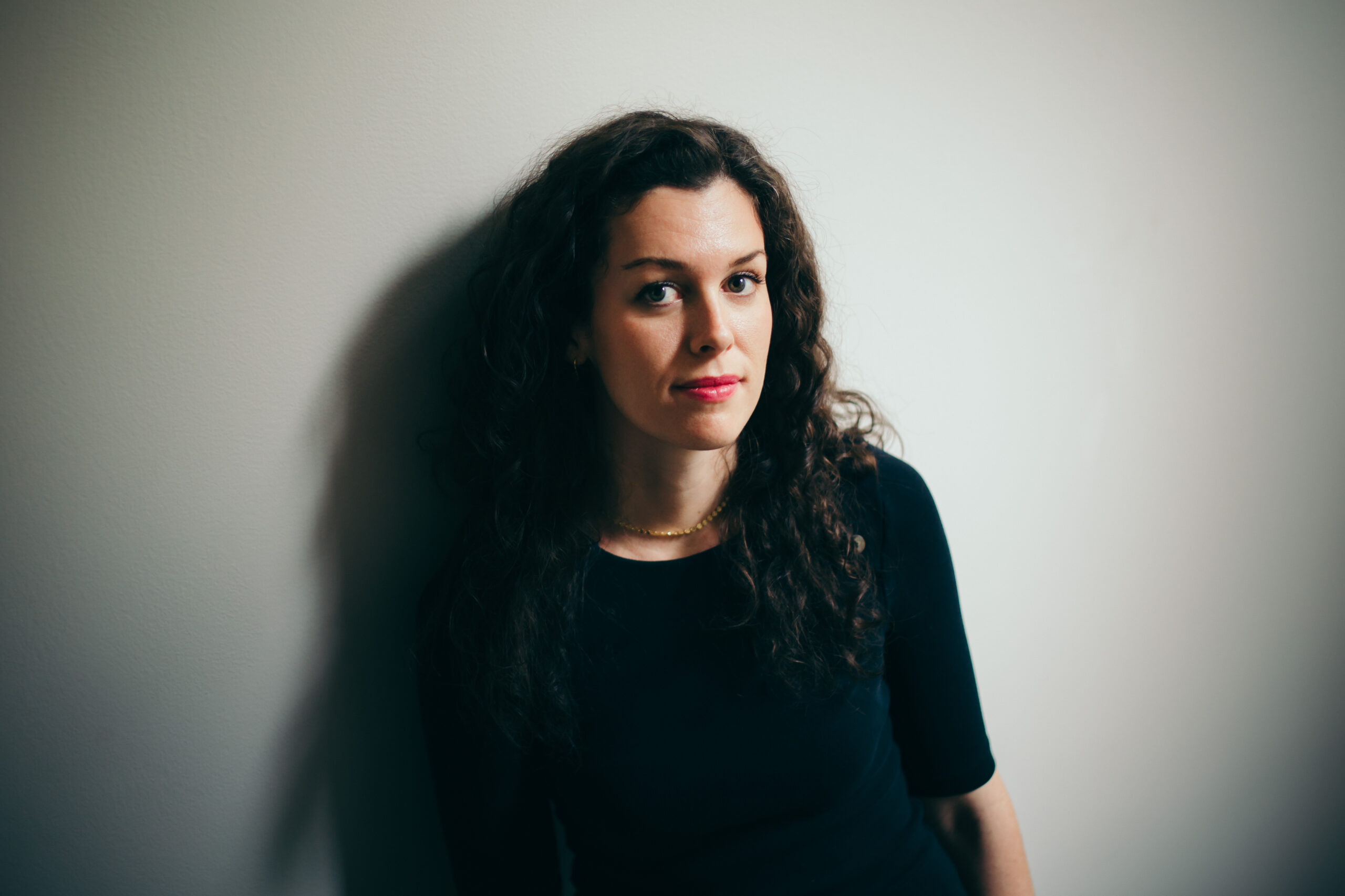
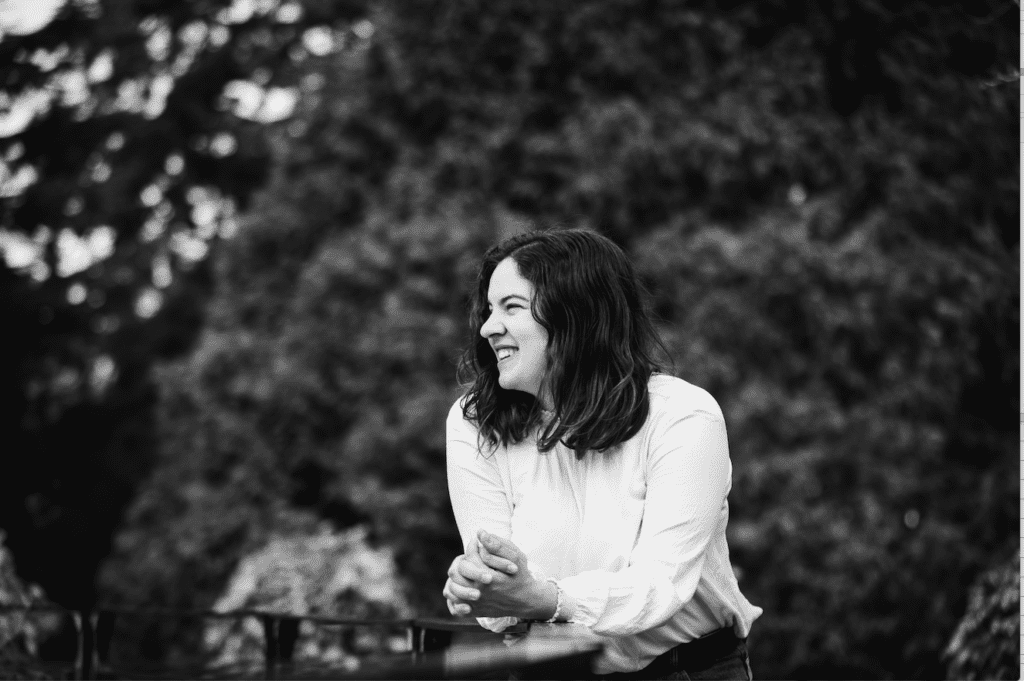
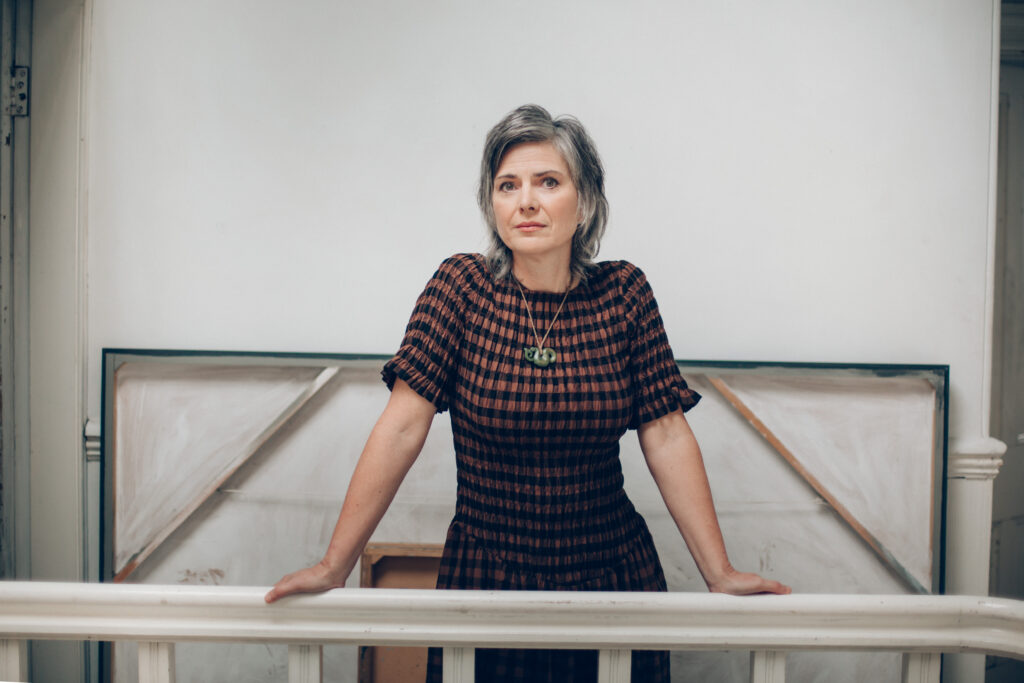
Hi I am new to Takahe do this my first post.
I can relate to Emma’s last comment about doing your own thing. It took me a longtime to show someone else what I had written. Then I joined a local writers’ group and got tremendous help from published authors who were in attendance. I can also relate to how Emma speaks of not knowing where the ideas come from. I just write them down as they come to me and then sort them into some form of logical sequence.